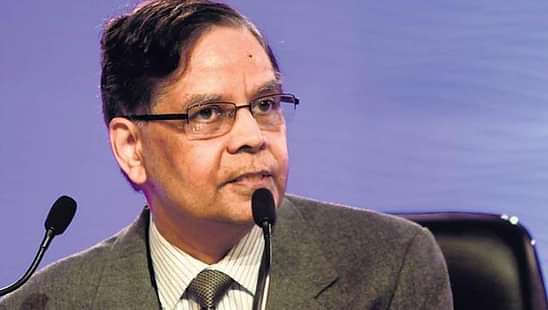
The government is quite determinant to enhance the medical education of the country. There have been talks to implement a system to rate the medical institutions so that the quality of medical education can be enhanced. Not so long ago, the government had talked about scraping the Medical Council of India (MCI) as the body has not been functioning efficiently.
Apart from this, a warning system will also be incorporated that will notify badly rated medical colleges to improve their quality of education and provide better facilities to students. This rating system will replace the inspection system that had been used by the MCI.
Also Read: NEET Related Bills Passed by the President for Uniform Admission Test
National Medical Commission of India – the body that will replace MCI – will be responsible for carrying out the rating system. Unlike the inspection system of MCI, this rating system won’t just focus on the infrastructural aspects of the colleges but will also process whether the education provided and the learning environment are up to the mark or not.
With the implementation of the rating system, all medical institutions will have to collect all relevant information and put it up on the public domain using electronic media so that it is accessible to all. This concept was proposed to the government by a committee headed by Arvind Panagariya, Vice-Chairman of NITI Aayog that was also responsible for proposing the scrapping of MCI.
Also Read: National Medical Commission to Replace Medical Council of India
Arvind Panagariya was the brain behind the concept of a common medical entrance test (NEET) for admission to UG and PG courses offered in medical colleges across India. The panel also stressed that the exam should be given a statutory backing for seal allocation in both government-funded and private medical colleges across India. The committee also said that merit should be the only means to allocate seats for MMBS and BDS courses.
The committee is finding it difficult to regulate the fees of private medical colleges. Fee of the institutes is the center of the argument. The panel proposed to give powers to the NMC to fix the norms of regulating fees for the proportion of the seats in the non-government medical colleges whereas all the other medical institutions shall be provided the liberty to charge the fee they consider fit.
The rating system will provide consistent information to medical aspirants and will help them take better decisions while picking colleges for admissions. A complete restoration of the medical education and institutions is necessary to provide quality education and better opportunities to students.
Also Read: Odisha Loses 100 Seats Because of MCI
NCI, NEET and the rating system are supposed to bring back equilibrium to the medical education of India and create a system where transparency is maintained. These are some of the initial steps that are being discussed by the government. Many other major policies to enhance the medical education will follow in some time.
With NEET getting approval from the parliament and the president, there will be a lot of improvements in the application and counseling process for admission to medical colleges in India. NEET will be fully implemented from the session 2017.


 Follow us
Follow us













